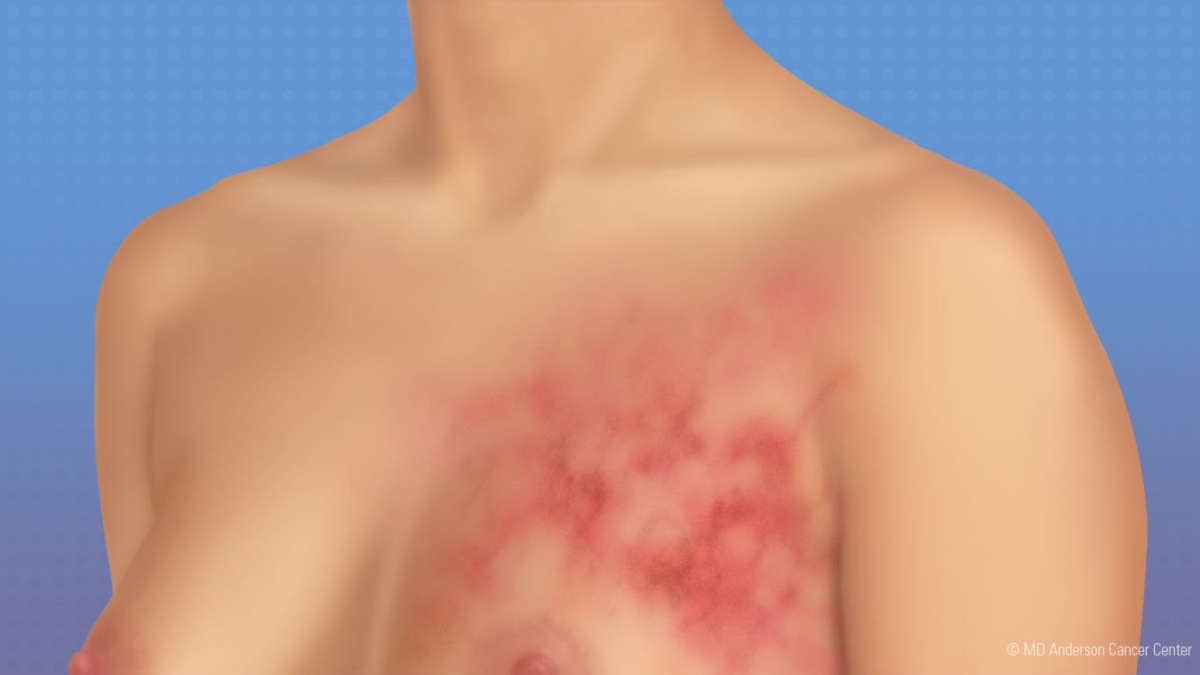A 68-year-old woman from Littlehampton, West Sussex, credits artificial intelligence (AI) for identifying her breast cancer, which had been missed during a routine mammogram at University Hospitals Sussex NHS Foundation Trust. The hospital, one of 15 NHS trusts across the UK involved in a pilot project using AI to enhance breast cancer screening, aims to detect cases that might be overlooked by human examiners.
Sheila Tooth, whose cancerous cells were almost undetectable, expressed her gratitude for the early detection. “I’m deeply grateful for it to have been caught so early,” she said, adding that her friends are amazed by AI’s capability to find signs that the human eye might miss. Tooth mentioned this could have been her final screening, and without the AI’s assistance, the cancer might have progressed into a more invasive stage later in life.
The AI trial, which reviewed over 12,000 mammograms, flagged fewer than 10% for a secondary clinical review. Out of 11 women recalled for further investigation, five were diagnosed with breast cancer.
Consultant radiologist Olga Strukowska, director of the West Sussex breast screening program, highlighted the promising impact of AI, noting that early, precise detection enhances patient outcomes. She praised AI’s role in supporting radiologists by providing accurate and timely results while maintaining high standards of care.
In Sussex, approximately 650 women are diagnosed with breast cancer annually through screenings. The current program invites women aged 50 to 71 for screening every three years. University Hospitals Sussex plans to join a national randomized controlled trial for the next phase of AI integration in breast cancer screening.






